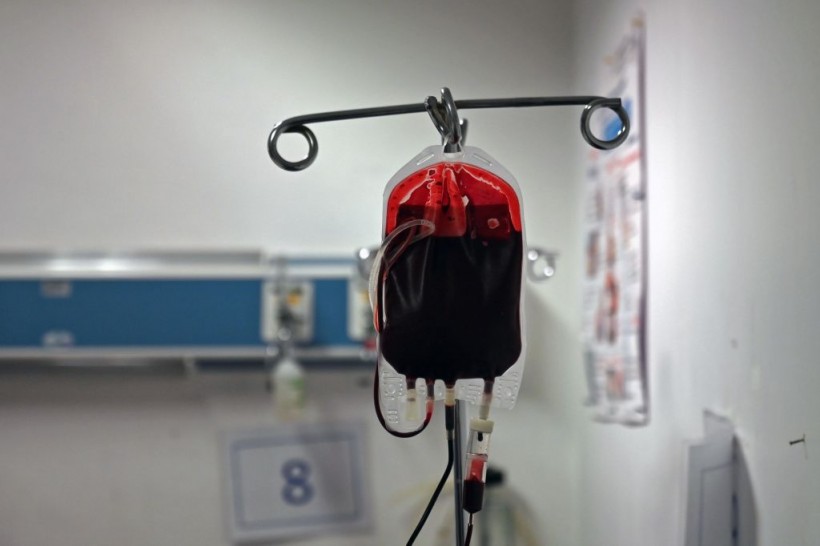A new study recently showed a cluster of cells in the brainstem that regulates the body's response to severe blood loss.
As specified in a report by EurekAlert!, the scientists' findings at the University of Virginia School of Medicine could benefit initiatives to develop new treatments for traumatic injuries. The latest find pinpoints a collection of neurons driving a response that retains blood pressure during blood loss.
Nonetheless, severe blood loss eventually results in cardiovascular collapse; a condition also called "decompensated hemorrhage" marked by a rapid and dangerous loss of blood pressure, and these new findings shed light on the reason for such an occurrence.

Severe blood loss eventually results in cardiovascular collapse; a condition also called ‘decompensated hemorrhage’ marked by a rapid and dangerous loss of blood pressure, and these new findings shed light on the reason for such an occurrence.
Adrenergic C1 Neurons Monitoring Blood Pressure During Blood Loss
According to researchers George Souza, Ph.D., from UVA's Department of Pharmacology, during blood loss, the brain coordinates a cardiovascular response that supports blood flow to critical organs such as the brain and heart.
Souza explained, their research shows that cardiovascular response to blood loss relies on changes in the activity of a few hundred neurons in the brainstem.
The new findings from UVA's Stephen Abbott, Ph.D., and collaborators, published in the Cell Reports journal, shed light on an essential process used by the body to retain its blood pressure.
The neurons the team has described, properly called "adrenergic C1 neurons," monitor blood pressure and swing into action during blood loss.
Leading to Cardiovascular Collapse
When the neurons identify blood loss, they increase nerve activity that constricts blood vessels and keeps proper blood pressure. The researchers were able to identify this through advanced imaging and a method known as optogenetics, allowing for the remote control of neurons by using light.
The study showed that the C1 neurons are hyperactive during blood loss, which retains blood pressure. However, such neurons turn inactive with this severe blood loss, leading to cardiovascular collapse.
Decompensated hemorrhage, in particular, is the prelude to hemorrhagic shock in which the body starts shutting down. However, the researchers discovered that reactivating the C1 neurons in lab mice restored heart rate and blood pressure.
Potential for Treating Blood Pressure After Blood Loss
Commenting on their study, Abbott said, their study specifies that reactivating the brain pathways that control blood pressure during decompensated hemorrhage reverses cardiovascular collapse effectively.
He also said they think this specifies that neuromodulation of the pathways described by their study could be an advantageous adjunct treatment for low blood pressure after blood loss.
In a similar Hale Plus Hearty report, the team noted that there might be many factors contributing to the drop in the activity of C1 neurons during the start of decompensated hemorrhage. More studies on that front are needed. However, the researchers' findings identify important new directions for those future studies.
Scientists discover body’s natural alarm to battle blood loss https://t.co/NNCX07bOcz
— Haleplushearty.org (@haleplushearty) March 28, 2022
Such results illuminate the essentiality of the brain-body interactions during blood loss and offer Abbott a new perspective on the underlying cause of cardiovascular collapse.
Related information about blood loss is shown on Mayo Clinic's YouTube video below:
RELATED ARTICLE: Persistent Lung Cancer: Personalized Blood Test Could Detect Tumor to Select Best Treatment Options
Check out more news and information on Medicine & Health in Science Times.














